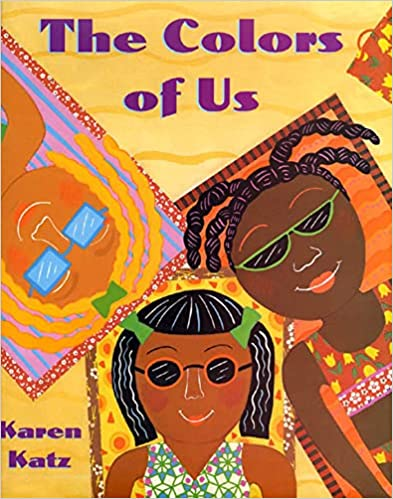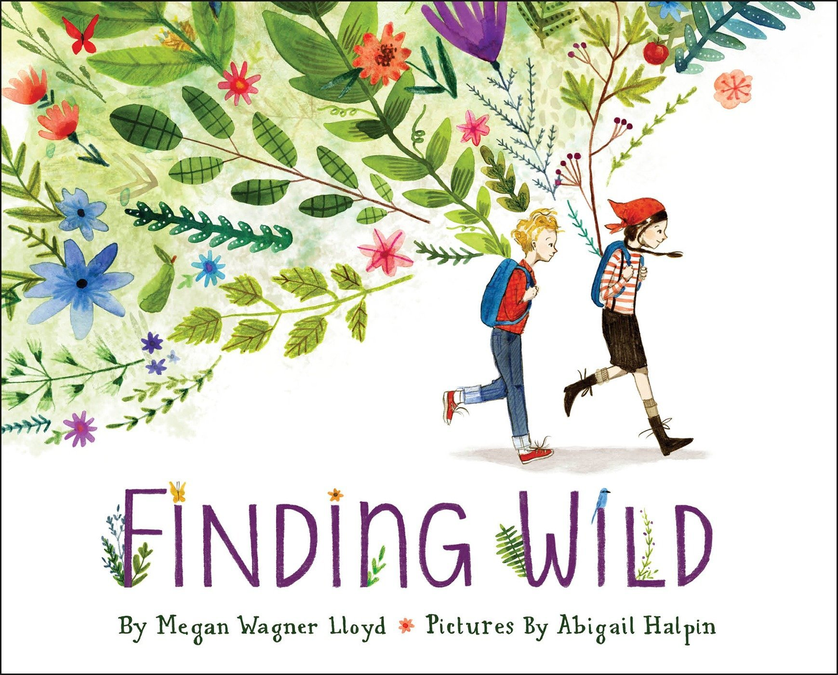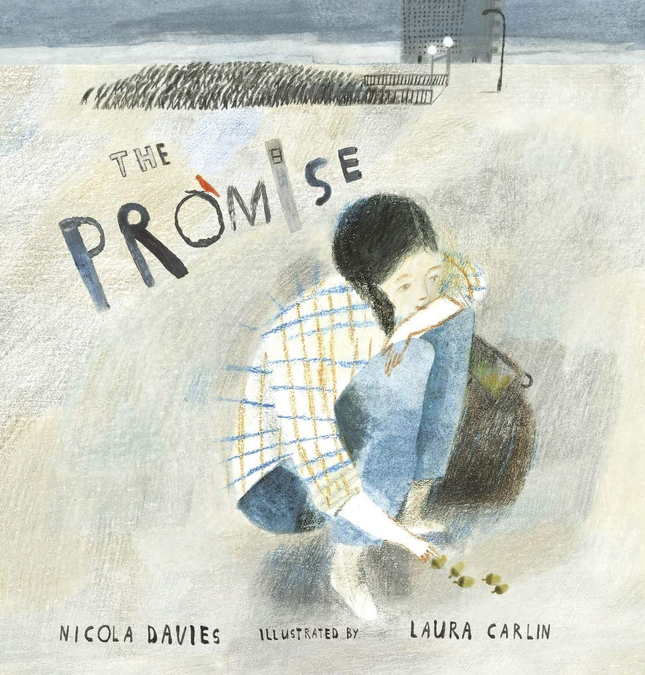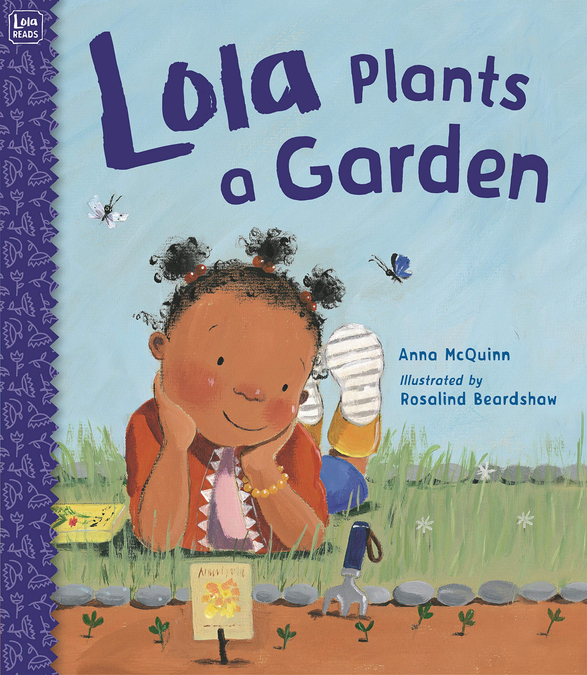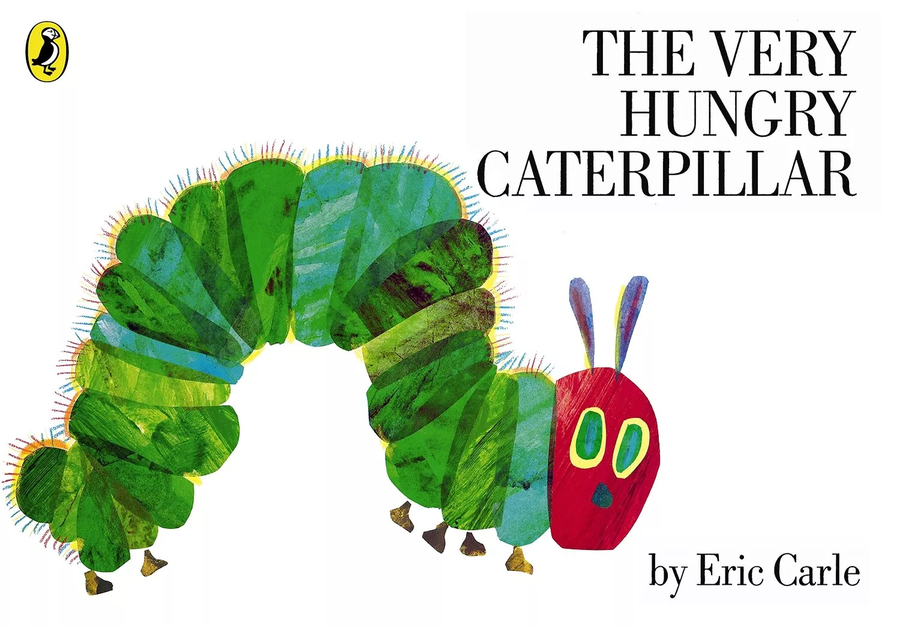Science
Forest School
We have recently developed an area of our extensive grounds to be used for outdoor learning. We have a meadow area containing several apple trees, a campfire circle, a craft area, mud kitchen and wooded area for den building. Year Two have enjoyed taking part in a range of activities including hunting for minibeasts and lighting fires! These sessions were led by Vicky from Planet Compassion who has also been advising us about further developing the site to support the children’s learning.
Enquiring Minds Week
Each year at The Alderton Infant School, we hold ‘Enquiring Minds’ week - a time for asking questions, exploring, experimenting and having fun with all things science! In 2022, we made air-powered rockets, investigated the best material for a hat for the Queen, and finished the week with a wonderful animal show by Living Things
Science at The Alderton Infant School
At The Alderton Infant school we aim to give children a sense of excitement and curiosity about the world. We believe that science should be a practical and fun subject, where children are encouraged to ask their own questions and develop their understanding through practical enquiry, reasoning and discussion. Our curriculum is tailored to the children’s needs, experiences and starting points, and is designed to consolidate and build on previous learning.
We are very proud of our Primary Science Quality Mark, which was awarded in 2020.
Our Science Vision highlights five key features that we believe are fundamental to good science learning:
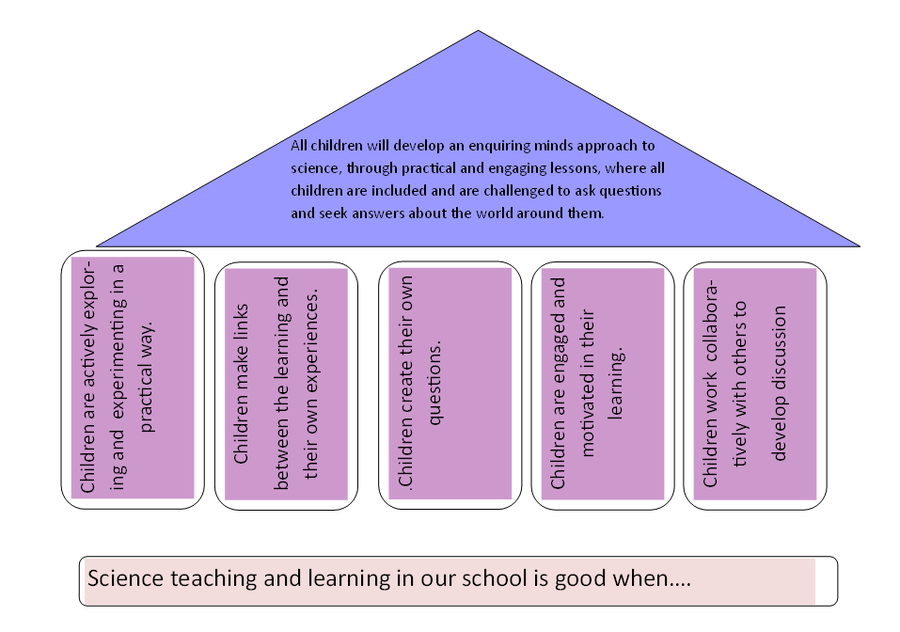
Intent
At The Alderton Infant school we highly value the importance of science in understanding the world around us and that science has changed our lives and is vital to the world’s future prosperity. We teach the children the knowledge and concepts of physics, chemistry and biology and develop a sense of excitement and curiosity about natural phenomena.
Our aims are clear:
- We offer a broad and balanced curriculum which covers the National Curriculum objectives for Key Stage 1 and our Early Years framework for Reception pupils.
- All children will develop an enquiring minds approach to Science through practical and engaging lessons tailored to the children’s needs, experiences and starting points.
- We aim to increase ‘science capital’ in our school which is a collection of knowledge, attitudes and values, skills and experiences related to science.
- We plan a curriculum which builds on previous learning through our progression of skills from year to year. Learning is scaffolded and caters for all abilities including SEN pupils, EAL pupils and gifted and talented pupils.
- We promote our growth mindset values of fostering curiosity in natural phenomena and asking questions about the world around us.
- We value the importance of spoken language in pupils’ development cognitively, socially and linguistically at our school. Pupils are encouraged to use scientific language to talk about what they have found out and communicate their ideas to a range of audiences in a variety of ways.
- We provide all children with equal opportunities to participate fully and gain confidence in scientific activities regardless of their ability, culture or ethnic background.
- We provide boys and girls in each year group with equal opportunities to participate, to use equipment and materials.
Implementation
At The Alderton Infant School Science is taught by class teachers as part of topics which are agreed in year groups. The relevant programme of study set out by the National Curriculum for Key Stage 1.
Early Years Foundation Stage planning is based on the Statutory Framework for EYFS and Development Matters 2021. The end of year assessment Early Learning Goals for "Understanding the world" mainly cover some scientific topics but cross curricular links are made wherever possible.
The long-term and medium-term plans that have been developed for KS1 and the Early Years Foundation Stage form the basis for short term planning. We use our curriculum maps and progression of skills documents for this and the objectives are highlighted each week after careful planning and discussion.
Pupils are helped to develop their understanding of scientific ideas by using different types of scientific enquiry to make predictions and answer their own questions. This includes observing changes over a period of time, noticing patterns, grouping and classifying things, carrying out comparative tests, and finding things out using secondary sources of information. Misconceptions are addressed early on through teacher assessments.
Teachers assess learning in the lessons. Lesson observation notes are made for practical sessions and brainstorming sessions are used to assess children’s previous learning. Topics are revisited to reinforce learning and embed into the long term memory. Scientific vocabulary is used in lessons and is displayed in the classroom which supports our continued goal for developing extended writing.
We are part of the professional body ASE (The Association for Science Education) which allows us to be up to date with current news, teaching practice and resources to enrich our own curriculum.
A yearly Science week is held to enhance the children’s experience. This involves a range of visitors coming in to promote a range of first hand science experiences. Designated science days to encourage investigation and enquiring minds using suitable experiments in class work to increase our science capital and ignite children’s curiousity. It enables children to investigate, experiment, predict and conclude on a number of scientific concepts and ideas.
Parental engagement and home learning is promoted. We believe that parents of our children play an enormous role in developing the child’s scientific understanding. Children arrive at school possessing various scientific skills and attitudes, therefore we want to develop the child’s and parent’s understanding of the science process.
School trips are planned to further enhance science knowledge and inspiration such as The Royal Observatory and Epping Forest Field Centre.
The school’s grounds are regularly used for environmental work linked to the programmes of study. Children often go for walks outside observing seasonal changes and the variety of life. There is a designated wildlife area, mini orchard, garden and planting areas.
All teachers are responsible for safety in their own lessons and are familiar with the procedures associated with the teaching of particular activities. We follow The Association for Science Education’s health and safety guidance document ‘Be Safe!’ fourth edition. Common sense safety precautions are observed at all times. Pupils are taught to recognise hazards and risks when working with living things and materials.
Impact
By the end of each key stage, pupils are expected to know, apply and understand the matters, skills and processes specified in the Early Years Foundation Stage Framework and the National Curriculum in England Key Stage 1 programme of study.
Teacher assessment on Target Tracker and work samples related to the programmes of study are completed each term for Science and the results reported to the Headteacher and shared with staff. Teacher assessment is put directly onto Target Tracker by the class teacher for analysis against age- related expectations.
A "best fit" judgment is made according to whether the child is beginning to, working within or secure in. All assessments are made over a period of time, and are based on the evidence of more than one activity. They may take the form of observation, discussion, group work discussion, video, photographs, group sheet notes, sticky labels, annotation and product where appropriate. Older children are encouraged to make judgements about how they can improve their own work.
Pupil voice surveys are conducted to find out the views of children in Science and gives an indication of the amount of science capital, whether a lesson has been successful and engaging and also to find out areas for improvement.
Science at The Alderton Infant School - EYFS
Science at The Alderton Infant School - Key Stage 1
Discovery Dog
Each class has its very own ‘Discovery Dog’ who goes to visit a different pupil’s home each weekend.
Discovery Dog helps the children to think about science in the real world, whether that is cooking treats in the kitchen, looking for minibeasts in the park or doing simple experiments at home. The children look forward to being chosen to take Discovery Dog home, and they love telling their classmates all about the science activities they did together.
Science through Stories
At The Alderton Infant School, we love to read and share stories. Many of the ‘Fantastic Five’ stories that we share each year link to key concepts and topics in the Science curriculum. These books provide an ideal opportunity for the pupils to discuss their ideas and develop their understanding.
